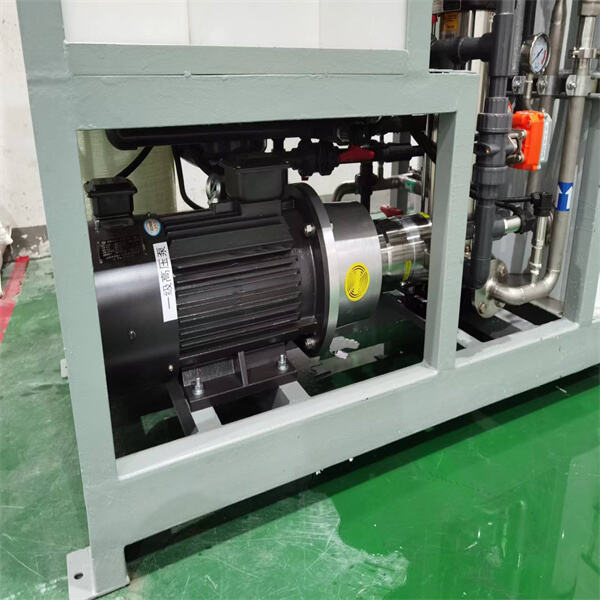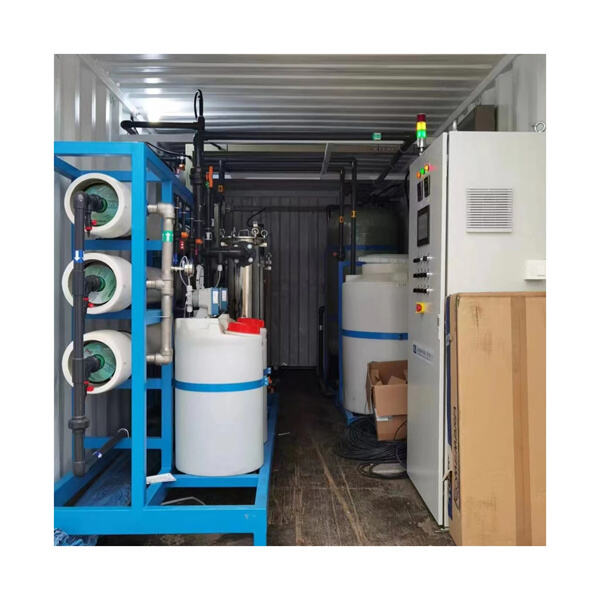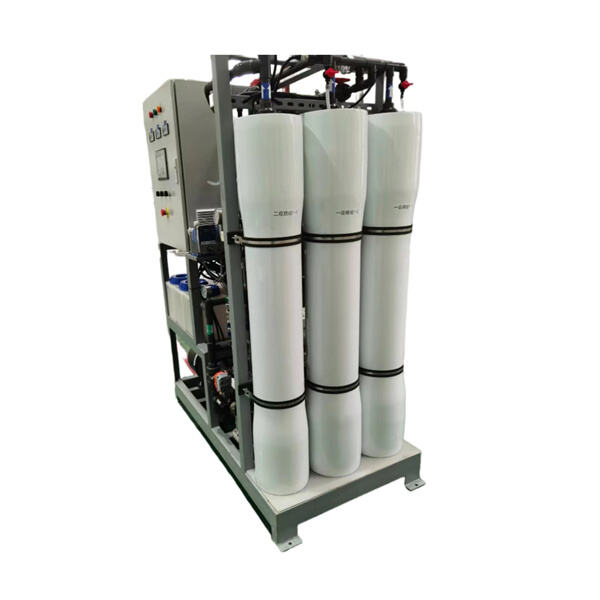Water is so important for all of the living creatures. Water is essential for plants, animals, and humans. And without this, life would not be easy. Yet, the unfortunate reality is that there is not enough clean water for all of us. And billions of people globally lack access to safe drinking water. This could be one solution, and ocean water is abundant and available.
The ocean spans around 71% of the Earth’s surface. That means there is a lot of water out there! Ocean water, on the other hand, contains salt, making it unsafe to drink as is. When you drink it, you do become thirsty and it can actually make you sick. Thankfully, scientists have done their best to find methods to convert saltwater into freshwater, and thus, we can drink it without getting sick.
Reverse Osmosis: A special filter that allows only clean water to pass, while all salts and impurities are left behind. This filter squeezes ocean water through it, and we can siphon off the clean water on the back side. This is a highly popular technique across the world for making drinking water safe for people. It provides communities, farms and businesses access to the water they need to survive.
Distillation: This one is a bit different. It boils the ocean water and makes steam. When the water boils, the steam escapes and the salt remains in the pot. The steam, in turn, cools and condenses back down into liquid water, which is now safe and clean to drink. But boiling water requires tremendous energy, meaning it can turn out to be more expensive than reverse osmosis. However, it remains a useful technique for retrieving freshwater where other methods may prove less effective.

The process of desalination can help a lot in tackling the world's freshwater shortage problem considering humanity's more on births and more on, needing fresh water to sustain life. It allows us to take the ocean’s water, which we have a lot of, and make fresh drinking water that is safe for everyone.” However, keep in mind that we need to pay for constructing and maintaining desalinization plants, which can be very costly.

In addition, desalination also provides the opportunity for us to be more careful and sustainable with the resources of our planet. Desalination plants are powered with less energy as technology improves, which is a major advantage to the Earth by reducing pollution. Similarly, the remaining brine can be utilized to create useful things, as these valuable minerals can be extracted and aid in the economy.

Desalination is especially critical for regions that don't receive sufficient rainfall or have water scarcity. Take one example, many countries in Middle East depend on desalinated water to meet their freshwater demand. This technology has come as a lifesaver for them, giving a steady and reliable water supply that assists the people to live a healthier life.
Your satisfaction doesn't end when you purchase our product; it's just the beginning. We prioritize your needs above all else and offer round - the - clock, all - encompassing after - sales services. Whether you're grappling with a product - related issue or in need of technical assistance, our highly trained and responsive team is just a call or an email away. We're committed to forging lasting relationships with our customers, ensuring that you can use our products with complete peace of mind.
The company integrates research and development, production, sales, demonstration and promotion of integrated seawater desalination technology, and has 20 sets of automation, intelligent production, testing, inspection and other equipment. It is a provincial demonstration intelligent workshop
The company follows strict standards and processes in quality control to ensure that every piece of equipment meets international quality requirements. We have a professional quality assurance team that conducts meticulous testing and inspection of raw materials, assembly, processes, and other aspects to ensure that our products fully meet the requirements of the design documents and confirmed design drawings. At the same time, we invite customers to participate in the main stages of product production inspection and acceptance to ensure transparency and customer satisfaction.
The management team of Sihe Biotechnology (Jiaxing) Co., Ltd. is composed of technical personnel with years of experience in the water treatment industry, senior engineers from foreign companies, outstanding personnel with experience in research institutes and large domestic environmental engineering companies. The company prioritizes the cultivation of human and technical resources, with the core being the establishment of an excellent service management team that adapts to the competition in the domestic water treatment market

Copyright © Sihe Biotechnology (Jiaxing) Co., Ltd All Rights Reserved | Privacy Policy | Blog